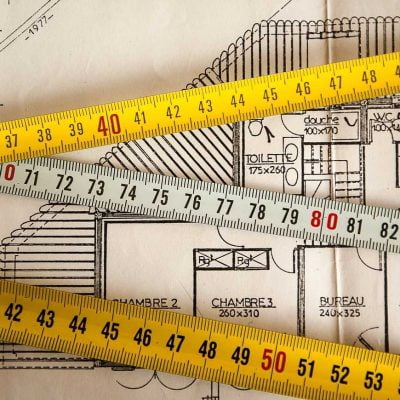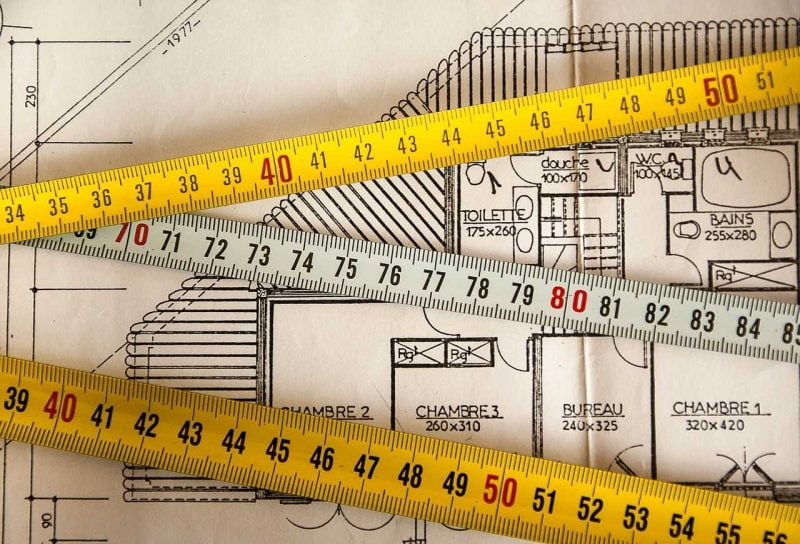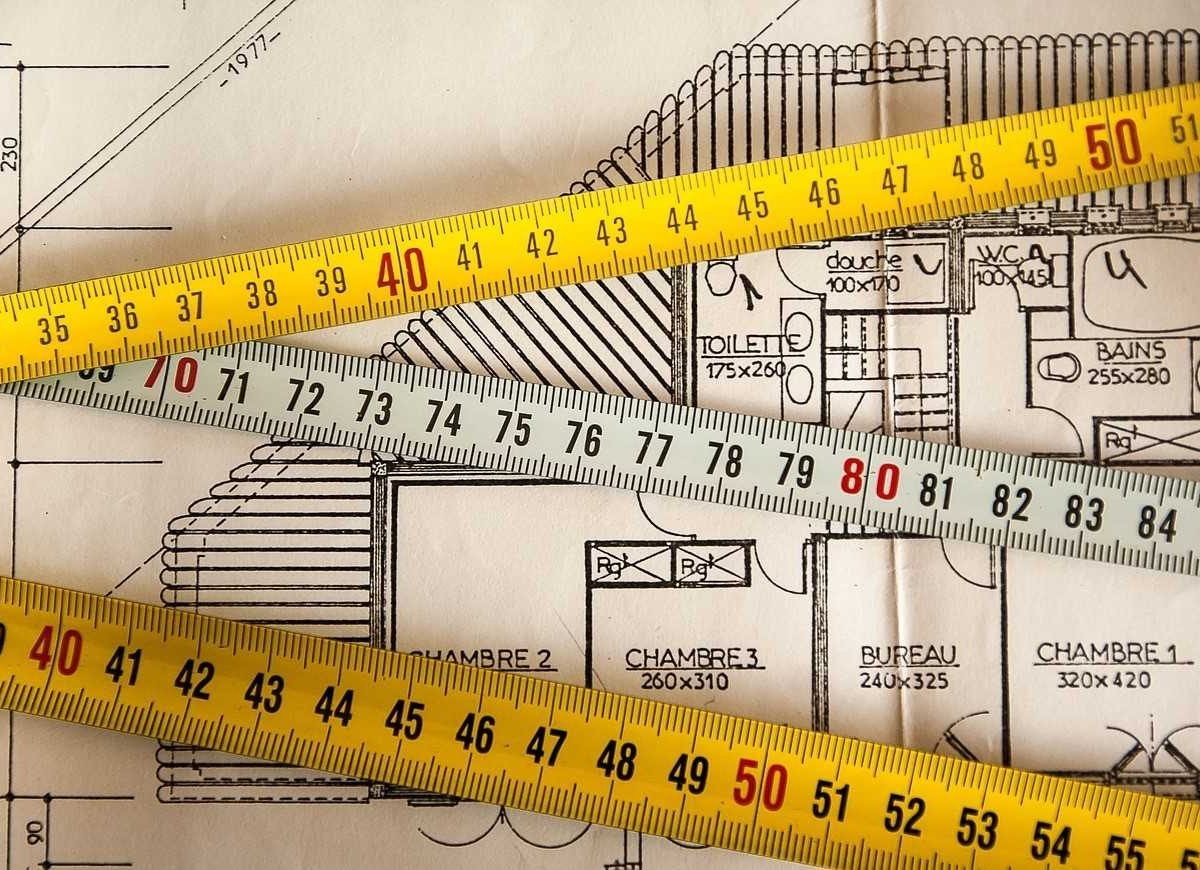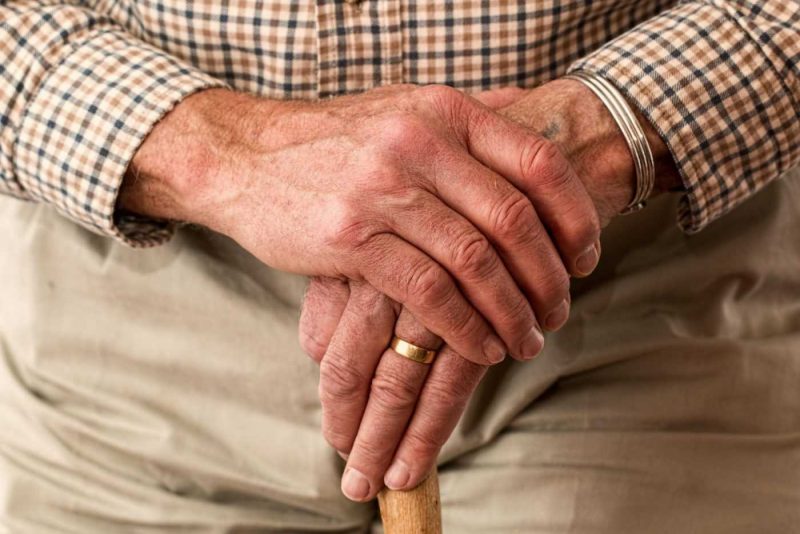Measuring stuff may not seem like a fun task. Still, it is absolutely essential. If you don’t do it, you might be in for an unpleasant surprise on the move-in day. Therefore, always measure your new space and your furniture in detail before your NJ movers start unloading their moving vehicle. There are many apps that can help you measure your new home but they are not always to be trusted. So, it would be best to do it manually. Once you do it, save your measurements so that you can use them whenever you add new items or move something around your home.
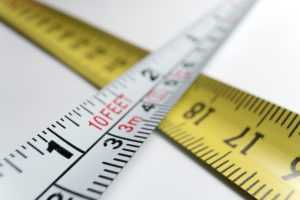
Why you need to measure your new home
Your new home will be full of your personal belongings. There’s a lot of stuff to put inside – from the smallest gadgets to the biggest appliances, from the tiniest home decorations to the largest pieces of furniture. All those items need space. Therefore, you need to carefully measure everything, take notes and make a detailed plan. After measuring, you might realize that your initial plan is not going to work. You may need to rethink it, be creative and prioritize. Sometimes, when settling in a small space, we have to say goodbye to our favorite pieces of furniture to make room for the more useful ones. Also, measuring will help you determine what kind of moving vehicle is suitable for your move. For example, for small furniture, a sedan or SUV may be enough. On the other hand, larger items might require a rental truck or U-Haul. Moreover, measuring your new home makes it easier to determine in what order to bring all those items inside.
What to measure
These are the measurements you need to take to make sure your stuff fits.
Entries and passages
This is where you start measuring your new home. If an item can’t pass through the main entrance or at least a window, it is not worth bringing. Then come passages. Again, if it won’t go through the passage, it is not going to be in your room.
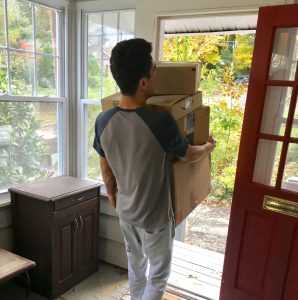
- Measure the width, height, and clearance of the main door as well as all secondary doors (side, patio or deck doors). Often, sliding doors have bigger openings than other doors.
- Measure the width, height, and clearance of the biggest window, as well as its height from the ground outside. This window could be the ideal (or only) entry for some larger items.
- Measure the width and ceiling height of hallways, and the clearance of connecting doorways.
- For stairways, measure the width and ceiling height from the first step (not the ground floor). Take the same measures of the last step. Also, measure the width, length, ceiling height and clearance of any landings or turns.
- Do not forget light fixtures, railings, radiators or any architectural features. These are potential obstacles you must not overlook.
Rooms
Although measuring the passages and entries is very important, all the rooms have to be measured as well. Thus, you will be aware of the size of the rooms and all doors and windows inside them.
- Measure the door of each room you’ll be bringing furniture into. Measure their height, width and diagonally from top left to bottom right. Moreover, measure the inside of door frames – taking those measurements is crucial when you measure your new home.
- Then, measure the length from the door to the far wall. This way, you will not only know whether you can bring the furniture into the room but also whether you can move it around easily to place it.
- Next, measure the length and width of your room.
- Also, measure the walls’ height. The standard height for ceilings is around 8 feet, which is the case in most homes. Nevertheless, your ceiling could be higher or lower.
- When it comes to windows, measure the height from the floor, the width and the total height. This measurement will be necessary if you plan to put larger items near the windows.
- Finally, measure all radiators, fireplaces or any other architectural features. Measure the room from the floor up to low ceiling fans or chandeliers.
Furniture and other items
When moving into an unfurnished home, we need to bring furniture with us. Whether you are buying new pieces or relocating old ones, you must not rush. Measure first, then move. Finding reliable furniture movers NJ is a pretty good way to make sure your furniture is in good hands. Professional movers should not only maneuver your items with maximum care but also use the right wrapping materials to protect them during transportation. Here’s how to measure such items.
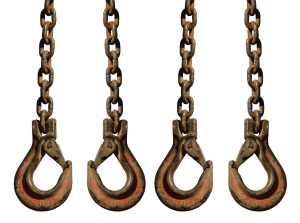
- Tables and desks. Measure the length, width, and height. Check whether legs can be removed. The same goes for pool and gaming tables.
- Bookcases and armories. Measure the width, depth, height, and diagonal height.
- Sofas. Measure the length, depth, diagonal height, and back height. Measure each piece of a sectional item separately. Determine whether you can remove legs.
- Mattresses. Measure the length, width, and height.
- Dressers. Measure the width, depth, and height. Removing drawers could make moving dressers much easier.
- Headboards. Measure the width and height.
- Pianos. Measure the length, depth, and height. We recommend that you hire professionals when moving your piano because of its weight and sensitivity.
- Appliances. Measure the depth, width, and height. Consider having a professional disassemble and reassemble them.
All experienced residential moving companies NJ know how important measuring before doing is. The movers will measure your new home themselves when needed because they leave nothing to chance. At the end of the day, they care about customer satisfaction and always take precautions. It is their priority to avoid any damage. Still, you should do the math as well. Better safe than sorry!
